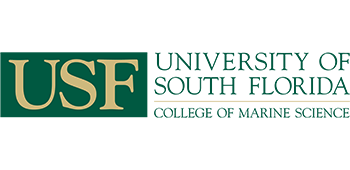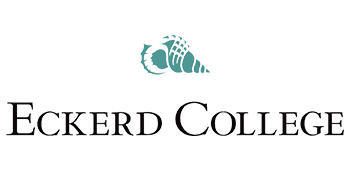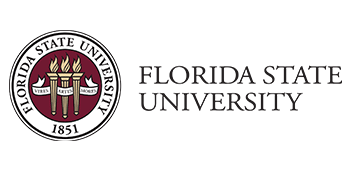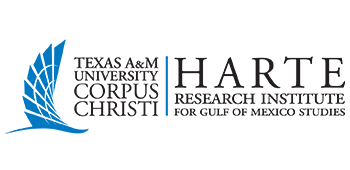This research thread focuses on the impacts and subsequent recovery of oiled sediments, the trajectory and fate of oil spills, chemical and biological processes effecting distribution and toxicity, and the influence of dispersants on these processes. Researchers from the sedimentary deposition, degradation and ecotoxicology task collected seafloor sediment samples in Mexican, American, and Cuban waters around the Gulf of Mexico to study the Gulf-wide processes.
Studying the 2010 Deepwater Horizon and 1979 Ixtoc I spills gives our studies a diverse and robust set of sediments to study:
- Radio isotopes
- Benthic meio- and macrofauna
- Marine oiled snow
- Microbial degradation
- Trace elements in sediment pore water, and
- Geochemistry
The future goals for the sedimentary deposition group includes:
- Complete analysis of sediment samples collected in 2017 (Δ14C, δ13C, forams, macrofauna, 234Th)
- Assess ecosystem impacts of MOSSFA using Deepwater Horizon and Ixtoc I findings
- Identify components for MOS formation and distribution, and
- Develop a dispersion model to simulate MOSSFA production
Task Partners

USF-College of Marine Science

The University of Calgary

Georgia Institute of Technology

Eckerd College

Florida State University

Pennsylvania State University

Wageningen University

Harte Research Institute for Gulf of Mexico Studies at Texas A&M University-Corpus Christi

Universidad Nacional Autónoma de México


